The Witcher 4 is being developed with a ‘console-first’ mindset, CDPR devs say
CD Projekt RED is taking a “console-first” approach to The Witcher 4‘s development in the hopes of avoiding another buggy, Cyberpunk-esque launch disaster, according to a recent interview with Digital Foundry. In a tech demo shown earlier this month at the State of Unreal showcase, the studio showed off the game, playing the demo on […]


CD Projekt RED is taking a “console-first” approach to The Witcher 4‘s development in the hopes of avoiding another buggy, Cyberpunk-esque launch disaster, according to a recent interview with Digital Foundry.
In a tech demo shown earlier this month at the State of Unreal showcase, the studio showed off the game, playing the demo on a standard PlayStation 5 running the game at 60 frames-per-second with ray-tracing enabled. The Witcher 4‘s development marks the first time CD Projekt RED will abandon its proprietary REDengine in favor of using Epic Games’ Unreal Engine 5.
“I think that when we started the collaboration [with Epic], we had super high ambition for this project, and we always do PC [first] and we push [the limits] and then we try to scale down [for console],” CDPR vice president of technology Charles Tremblay said of the decision to focus on console. “But then we had so many problems in the past that we tried to see, ‘OK, this time around we really want to be more [of] a console-first development, right?'”
Although 2015’s The Witcher 3 launched to nearly universal acclaim, CD Projekt RED’s next title — 2020’s Cyberpunk 2077 — did not fare well at launch. Despite multiple delays, the game launched with numerous bugs, and players on console seemingly got the short end of the stick, with Playstation 4 and Xbox One players in particular complaining about the game’s constant crashes and framerate drops. Seven days after its December 10 launch, Cyberpunk 2077 was removed from PlayStation’s digital storefronts, and wouldn’t return until June of the following year. Ultimately, the game was redeemed by its 2.0 update, which coincided with the launch of its Phantom Liberty DLC. But despite Cyberpunk 2077 eventually getting its happy ending, the rocky road it took to get there is not a path CDPR devs want to tread again with The Witcher 4.
“It’s pretty logical when you think about it, because it’s easier to scale up than down,” CDPR vice president and global art director Jakub Knapik explained. “We knew that once we set up certain foundations — both visually and technically — there’s room to scale up. Now, what that means is another question. We’re CDPR: We always like to push PCs to the limit. It’s just a creative process, [figuring out] how to really use it.”

But for non-console players who may be concerned about the game’s performance on PC, CDPR devs say there’s no need to worry.
“In the past, something that’s super important for [us] is that if people pay good money for their hardware, [then] we want them to have what the game can provide for that, not like a simplified experience,” Tremblay said. “So this is something we’ll definitely explore. The company started as a PC [gaming] company, and we’ll definitely want to have the best experience for the PC gamer for sure. But it’s too early to say what this will mean for The Witcher 4.”
Tremblay did, however, express concern regarding launching The Witcher 4 on Xbox Series S, describing it as a hurdle “that will definitely be extremely challenging” to overcome.
CDPR has not yet announced an official release date for The Witcher 4, but has confirmed it will launch on PlayStation 5, Windows PC, and Xbox Series X. In addition to The Witcher 4, the studio is also currently working on a Cyberpunk 2077 sequel and a remake of the original The Witcher game featuring an open-world environment.






































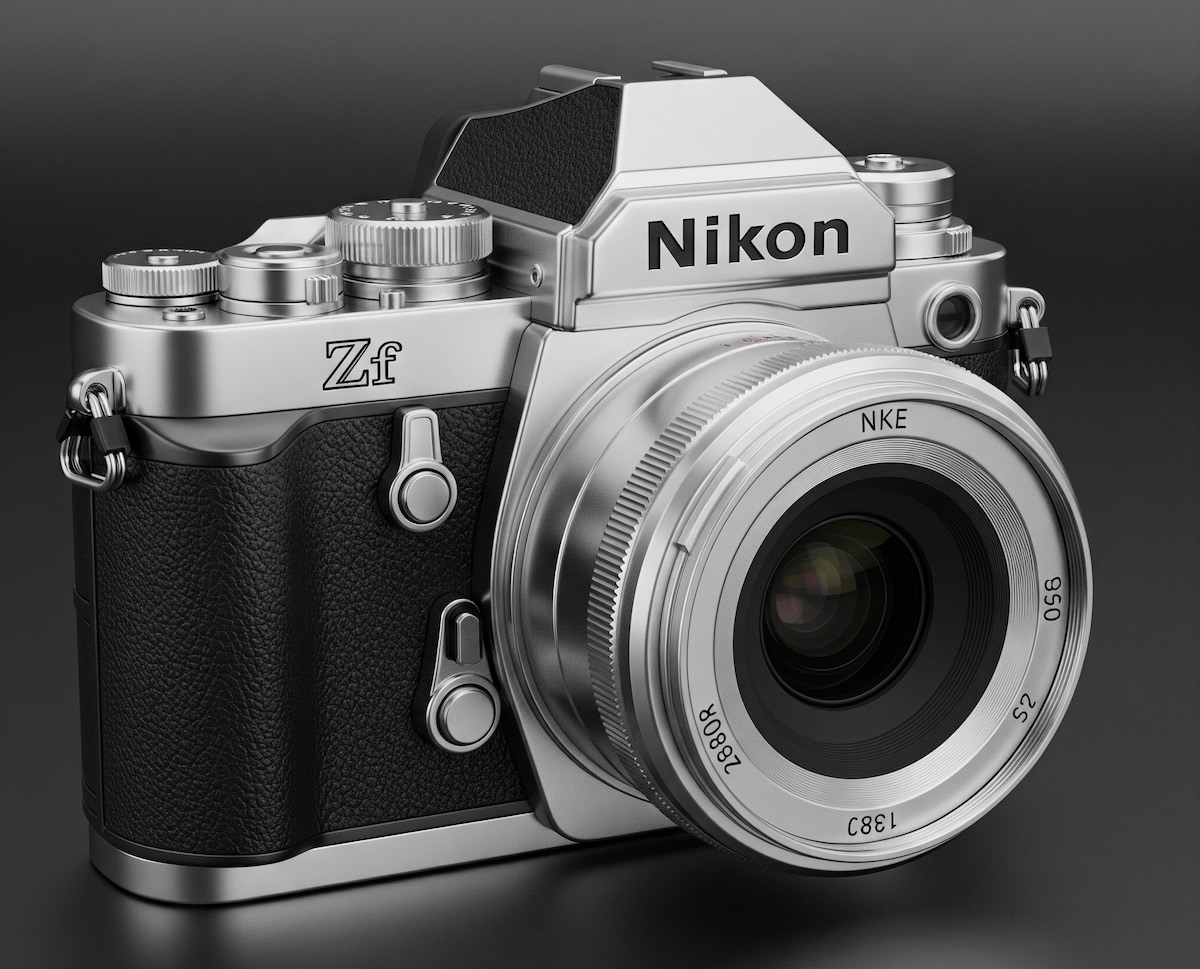
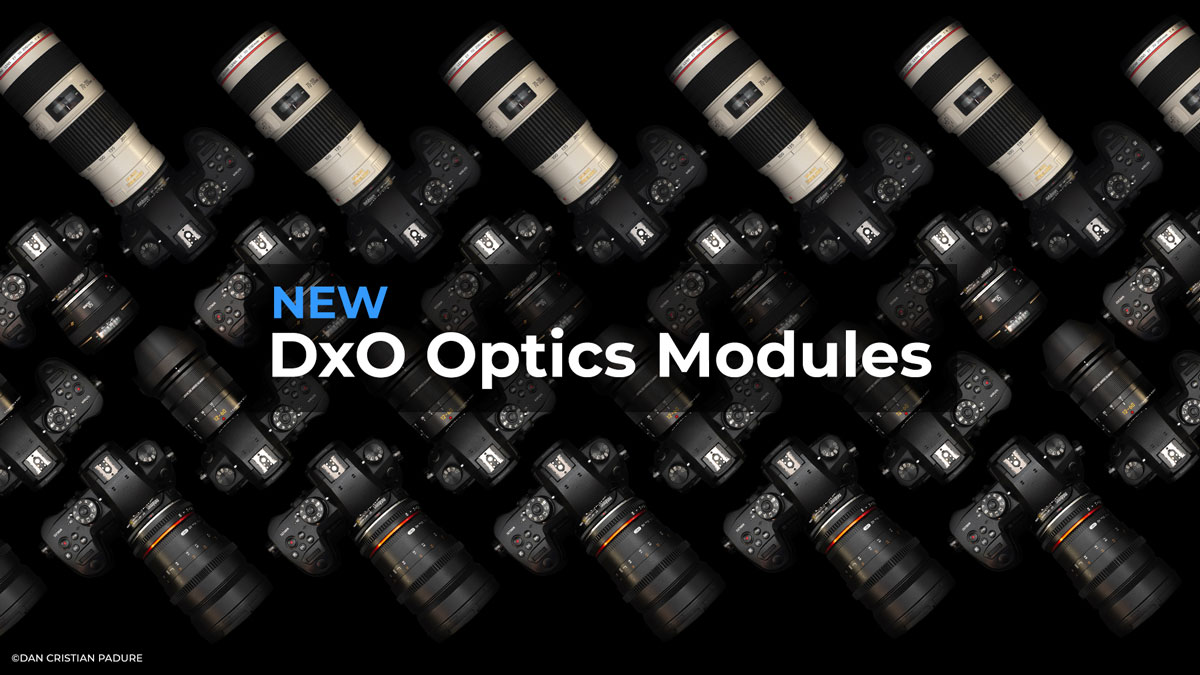










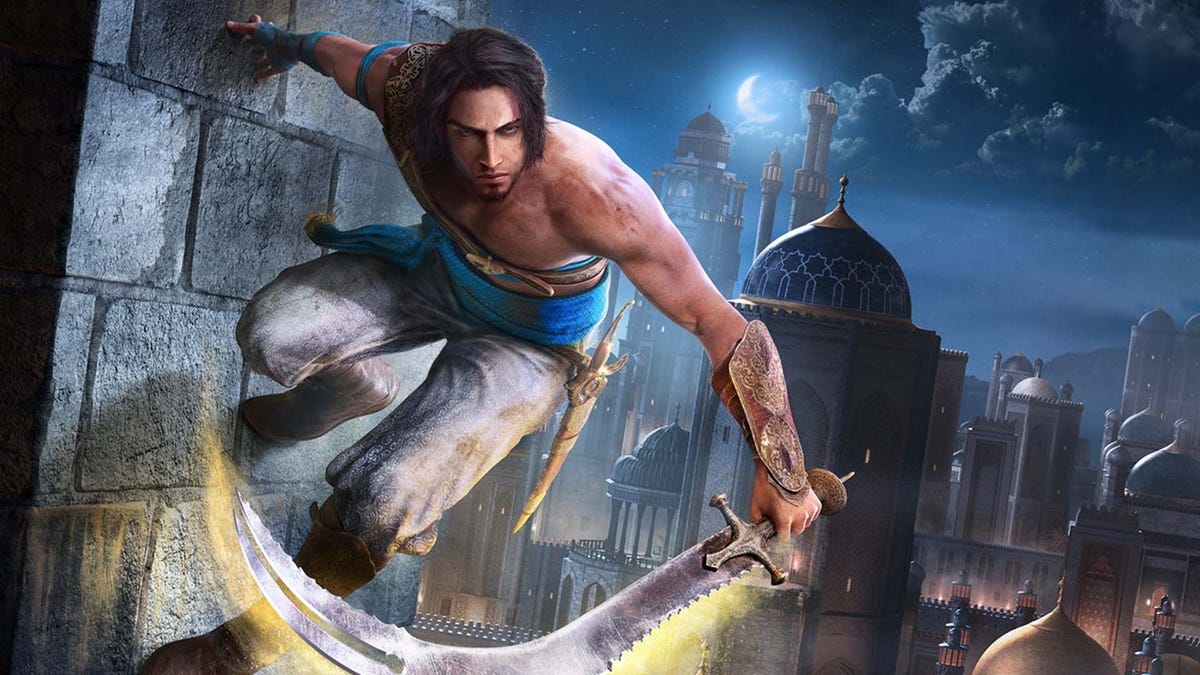
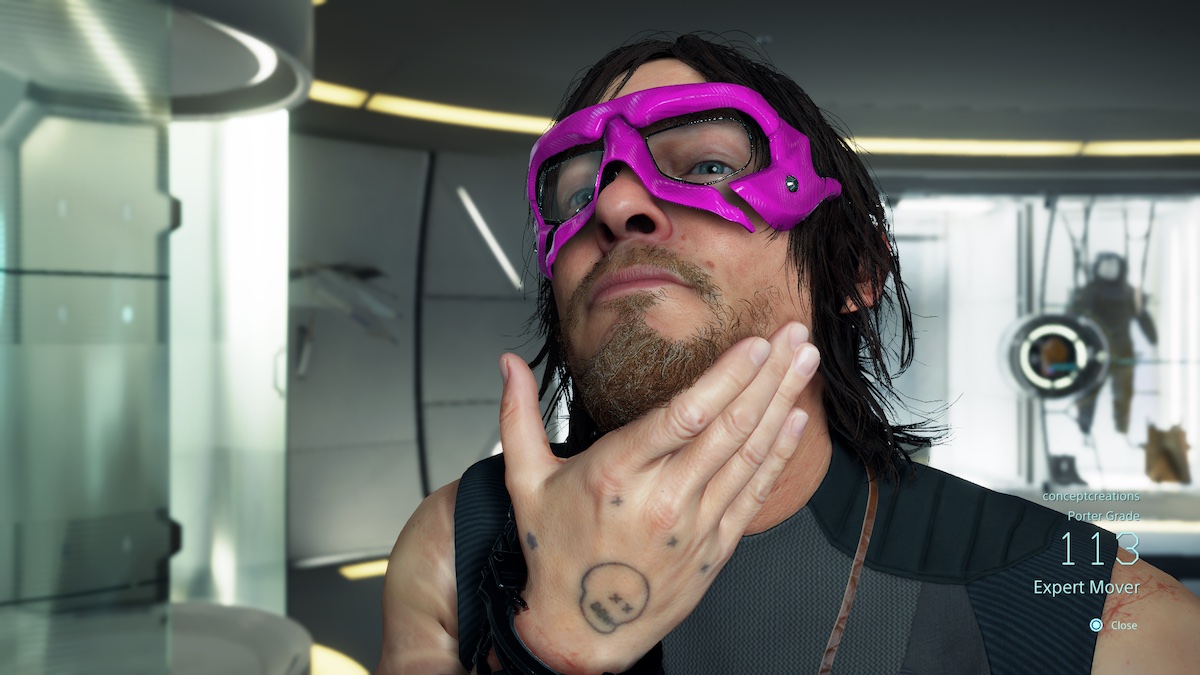
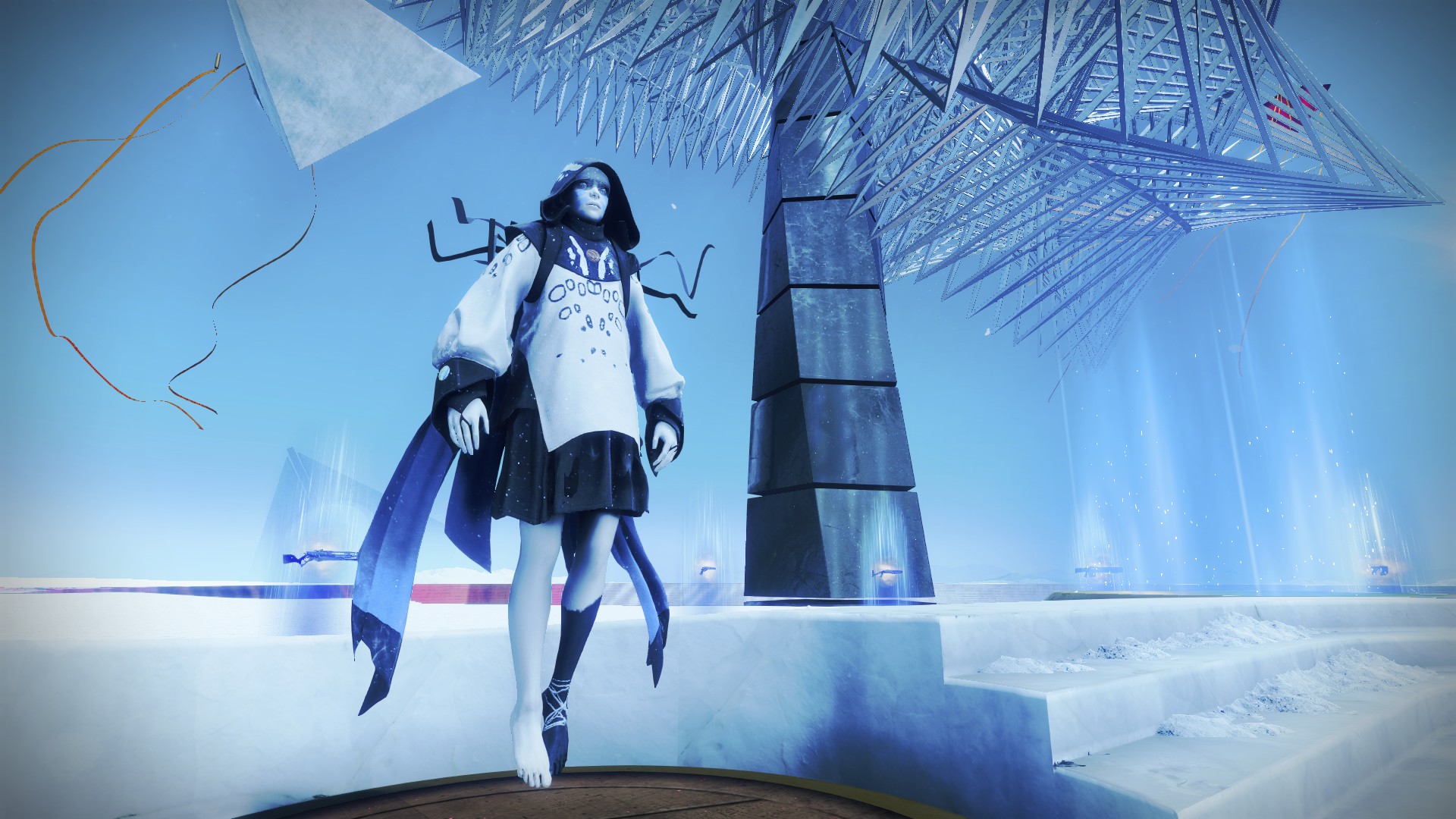
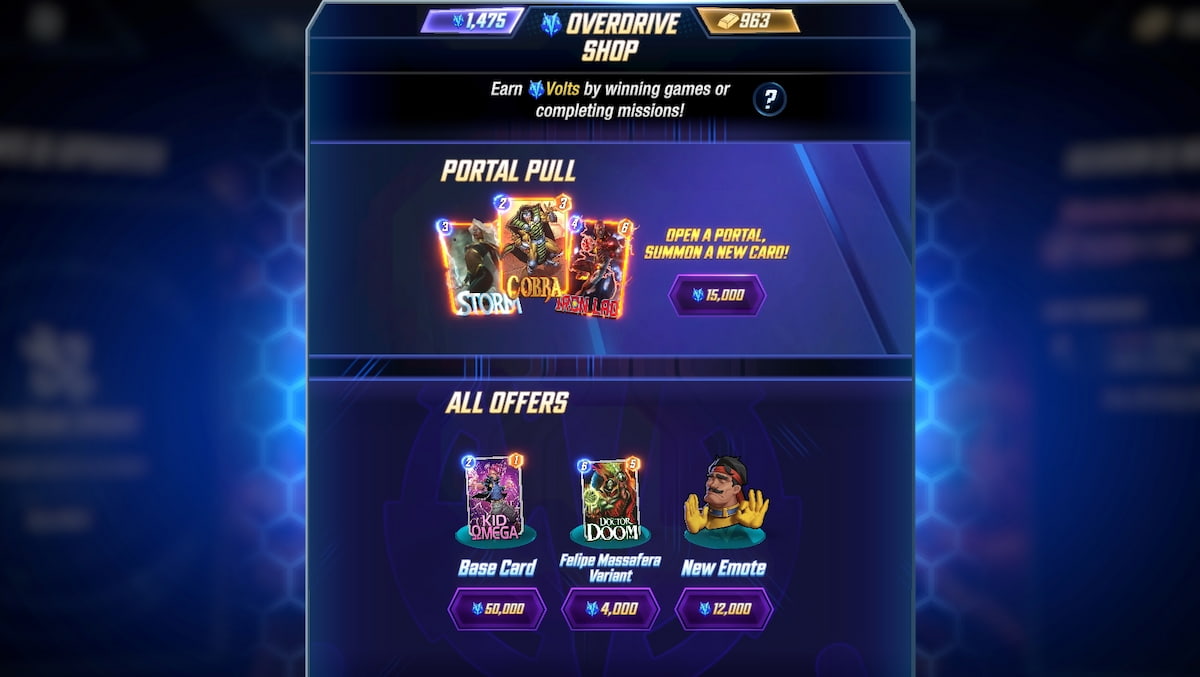
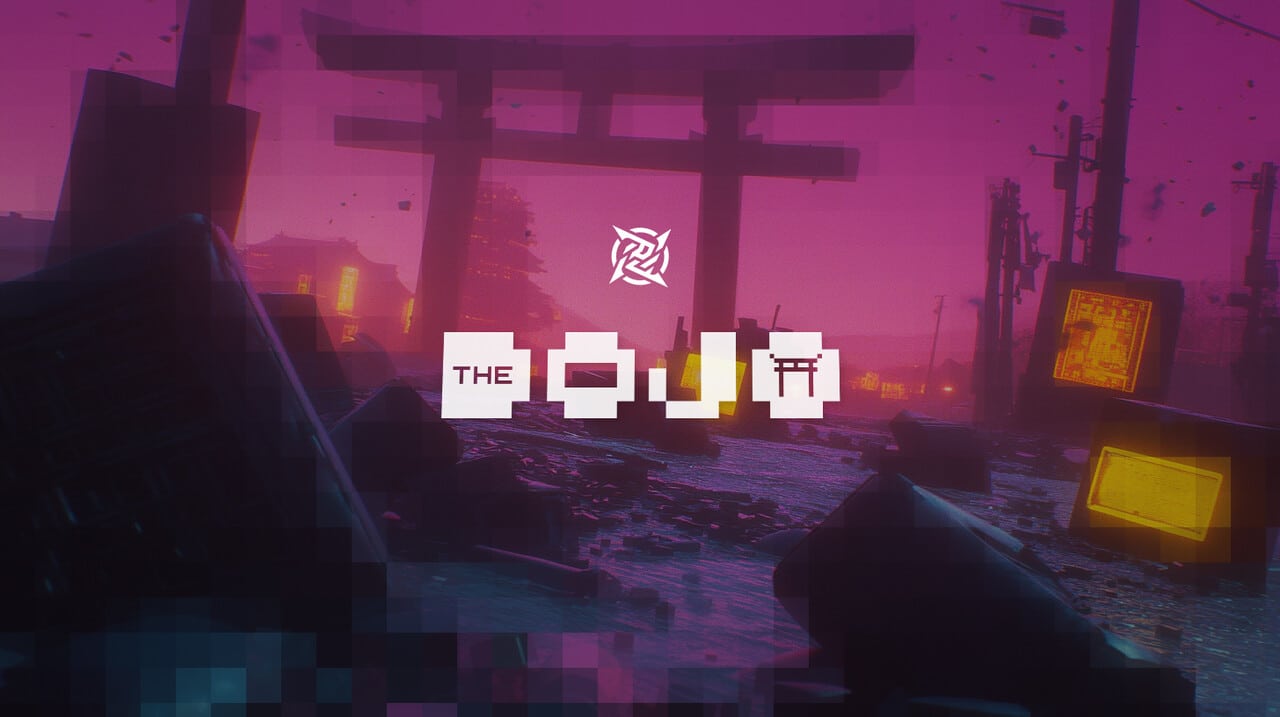



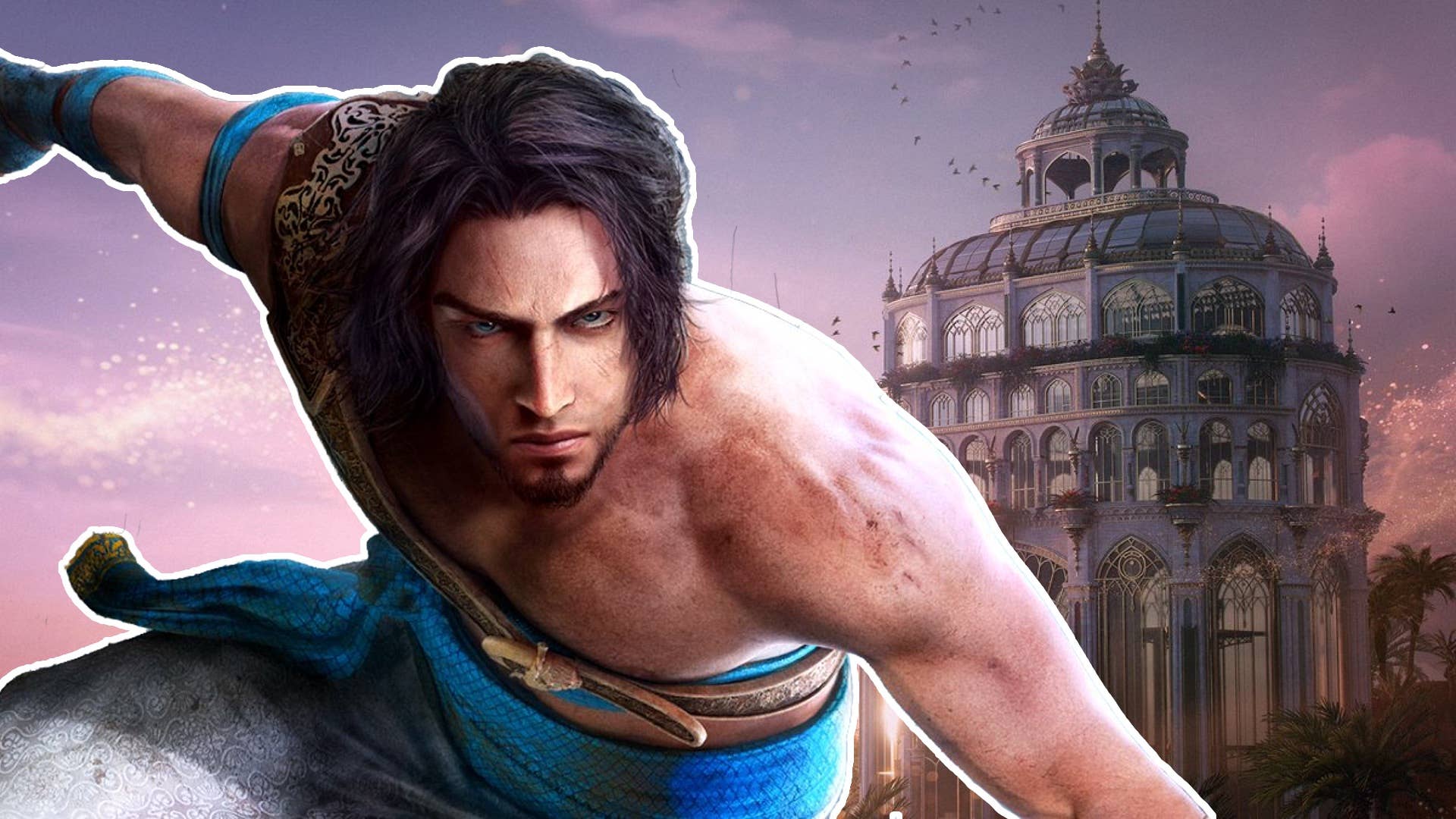

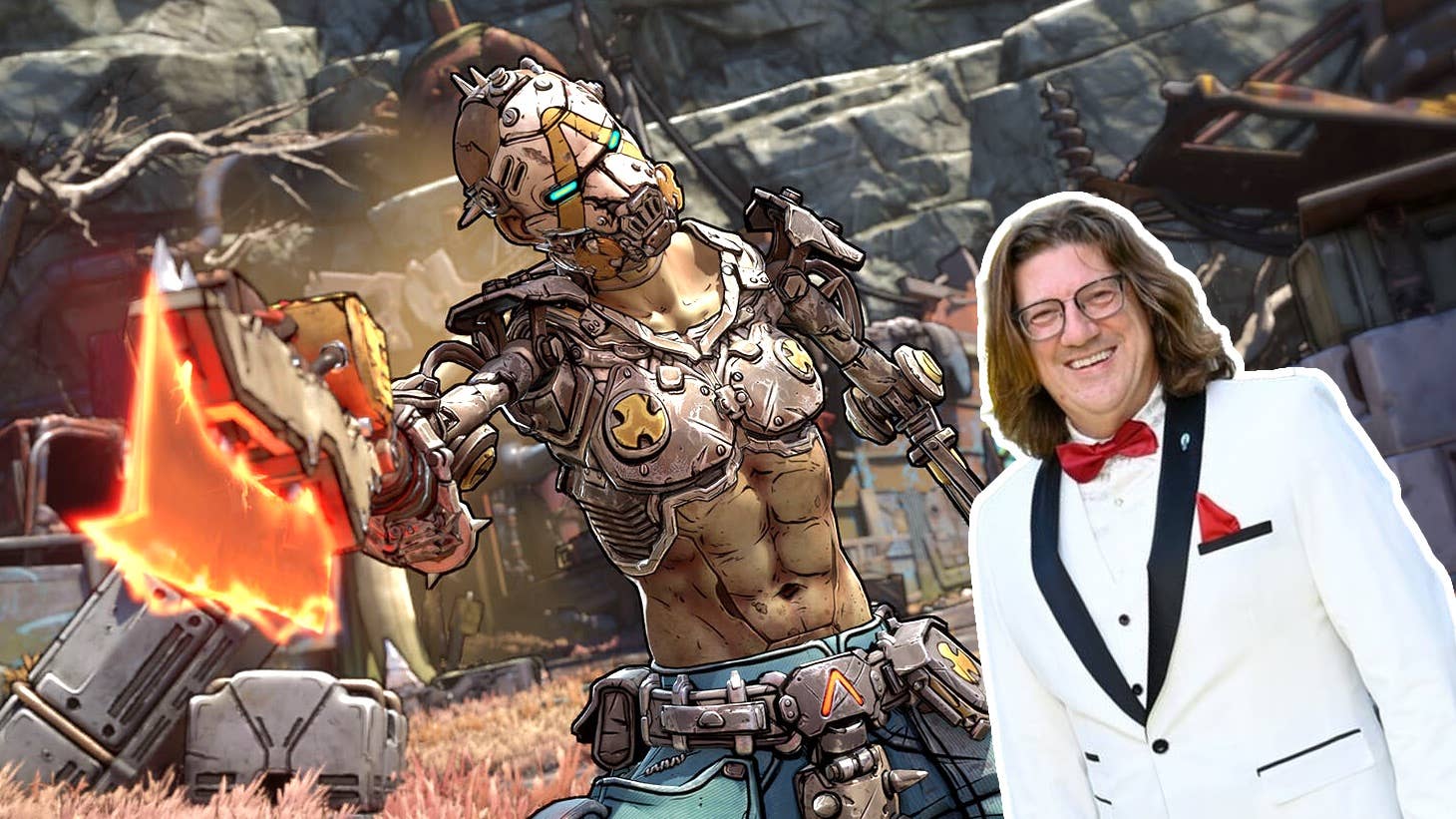





















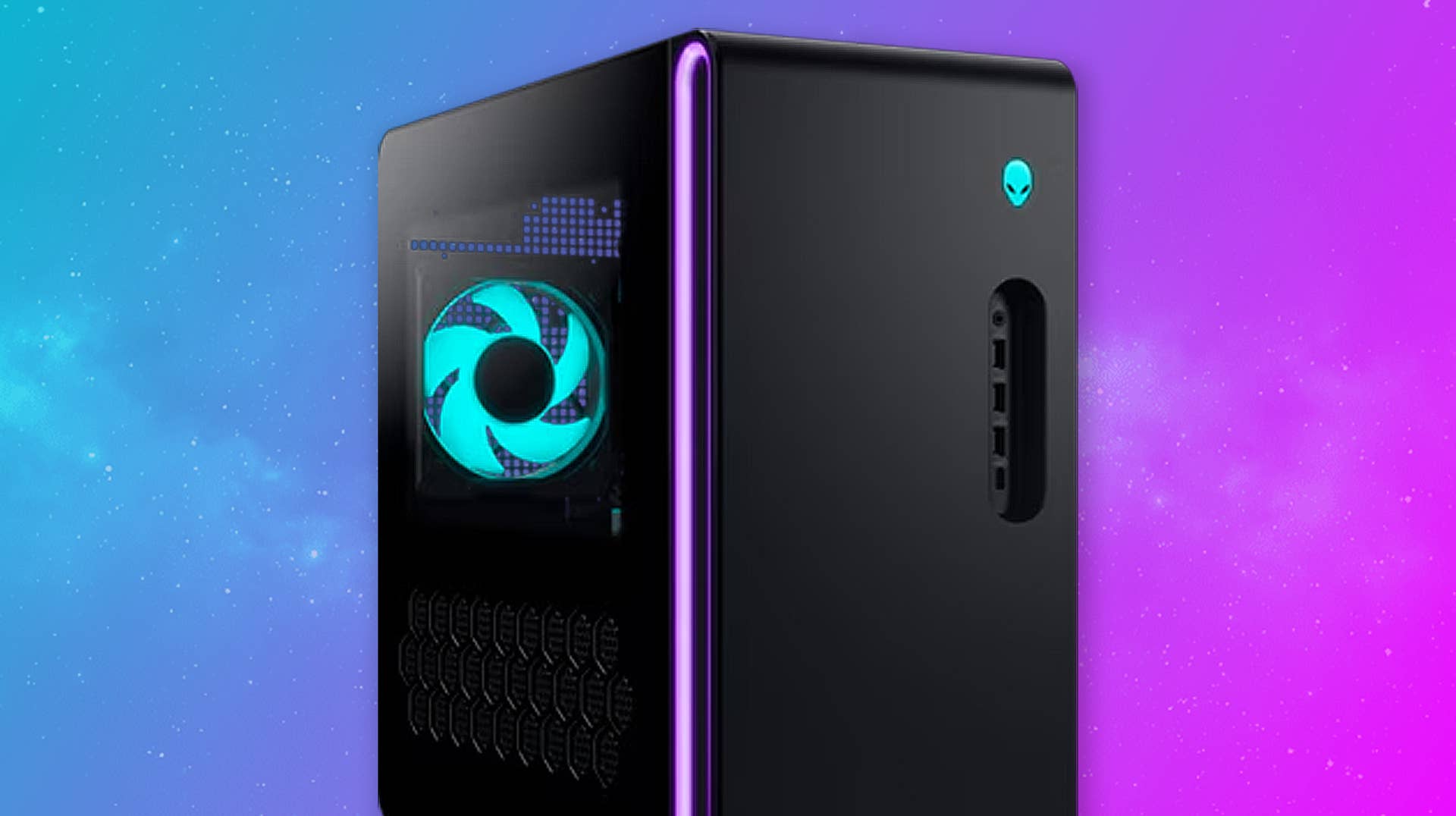
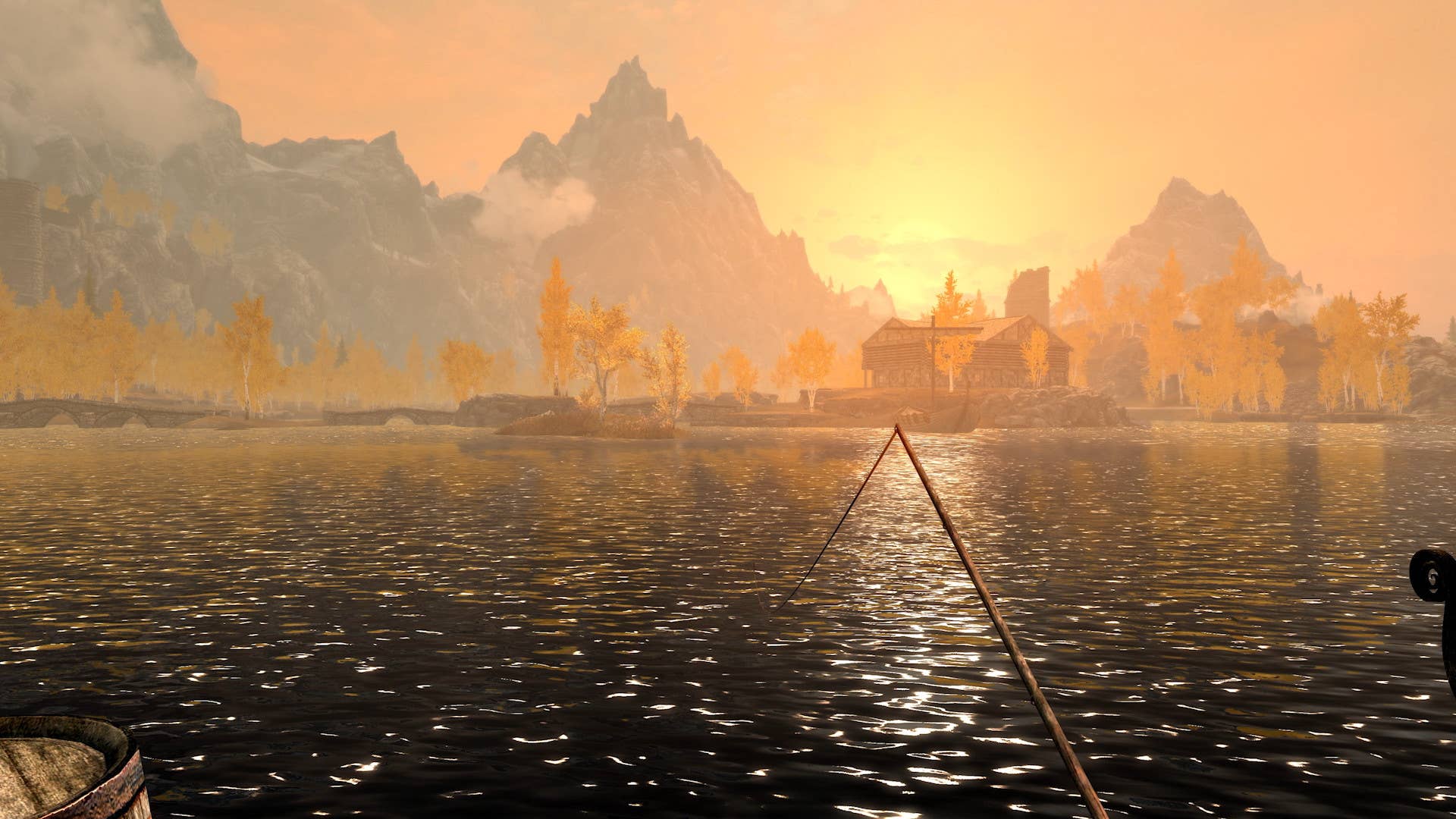
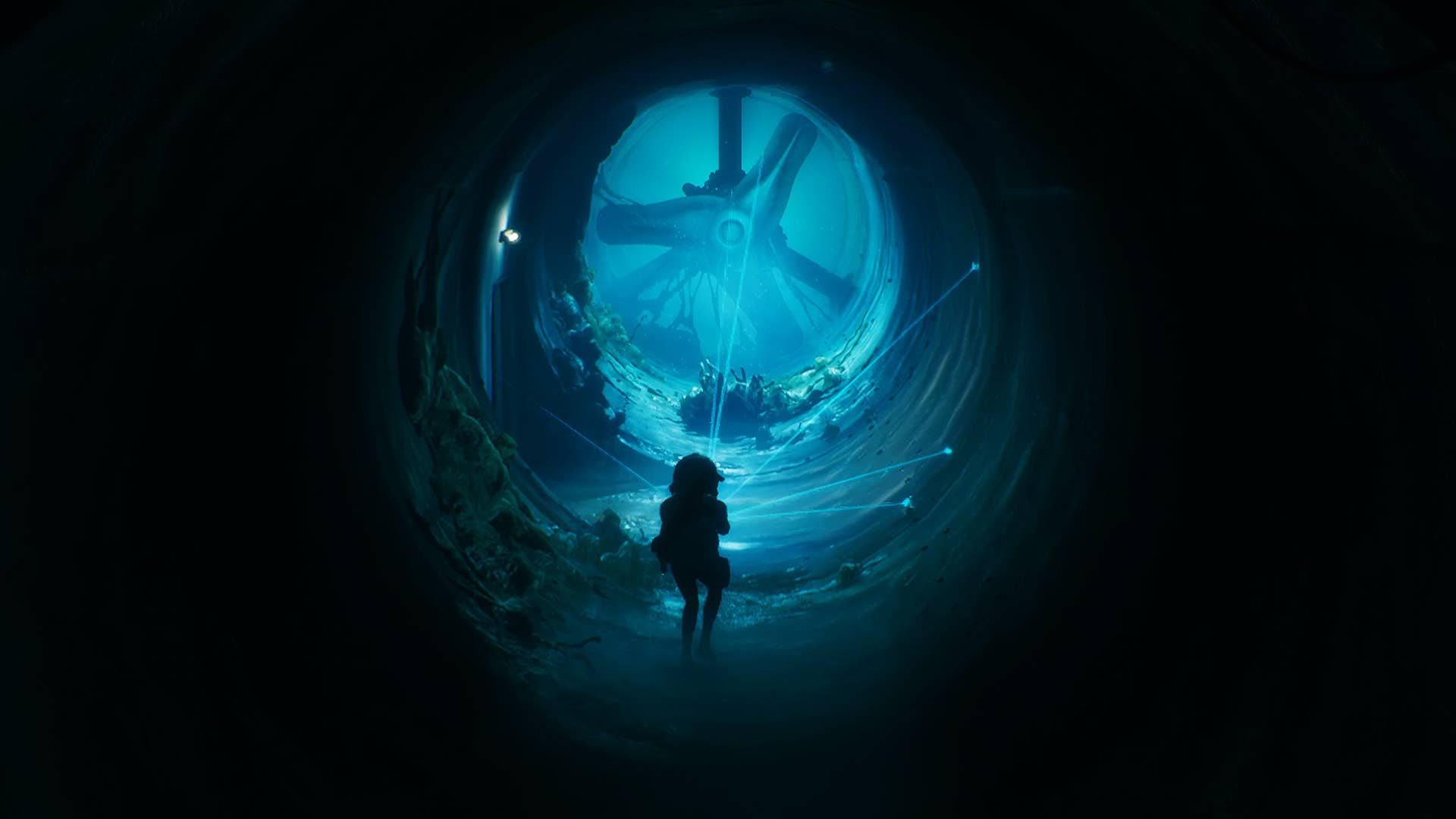
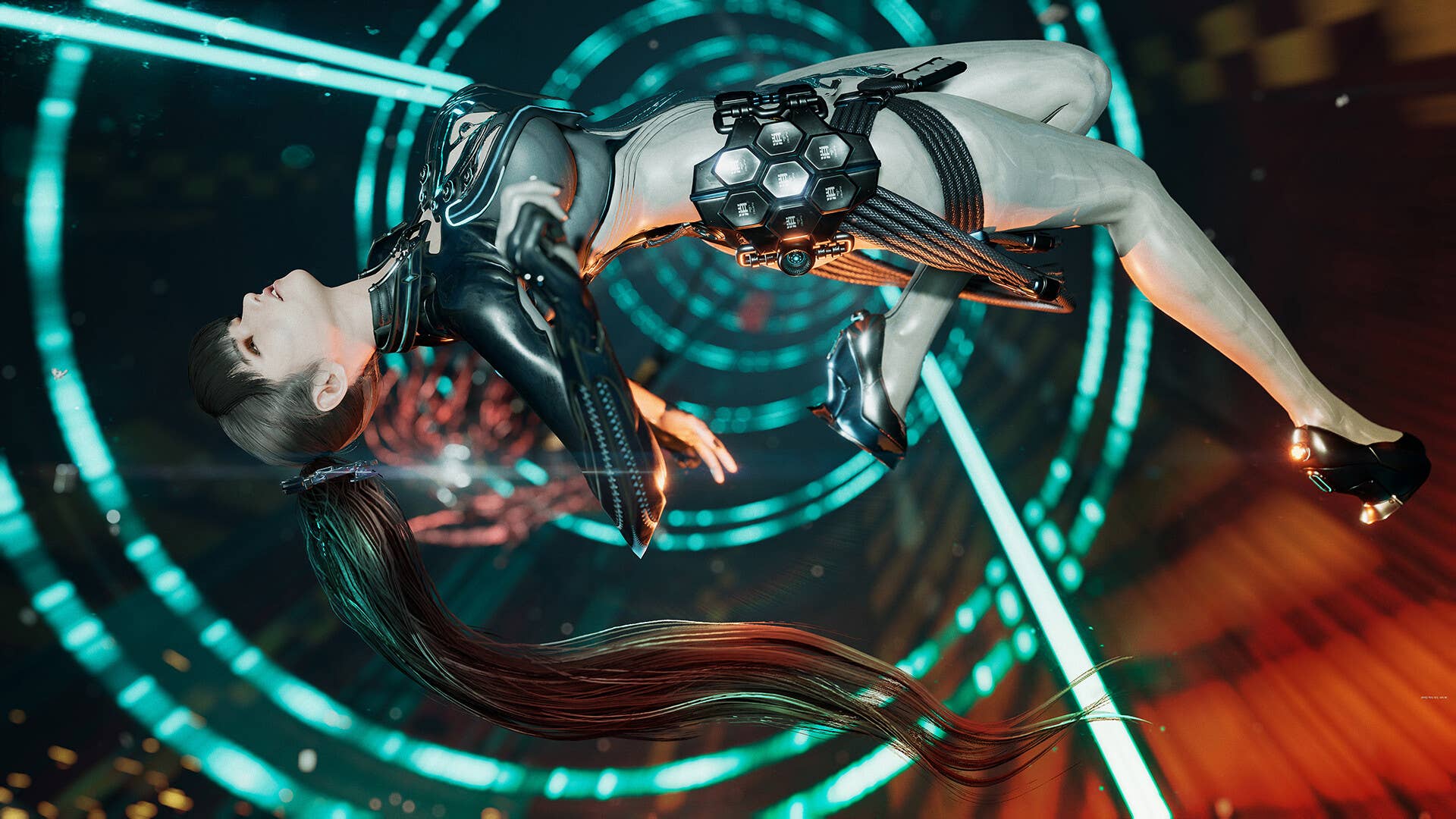







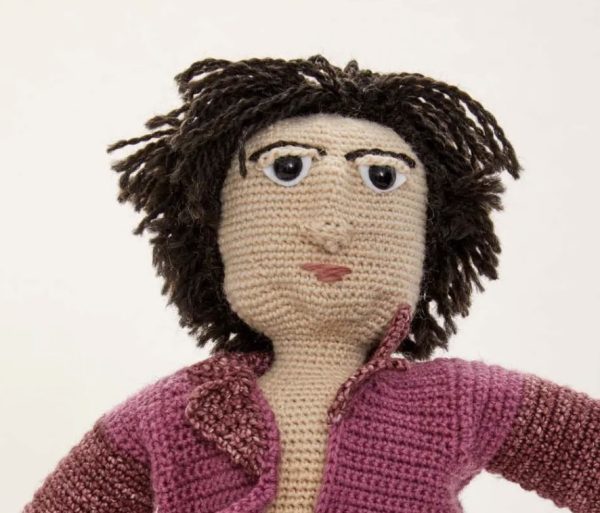


















































































.jpg)













































































